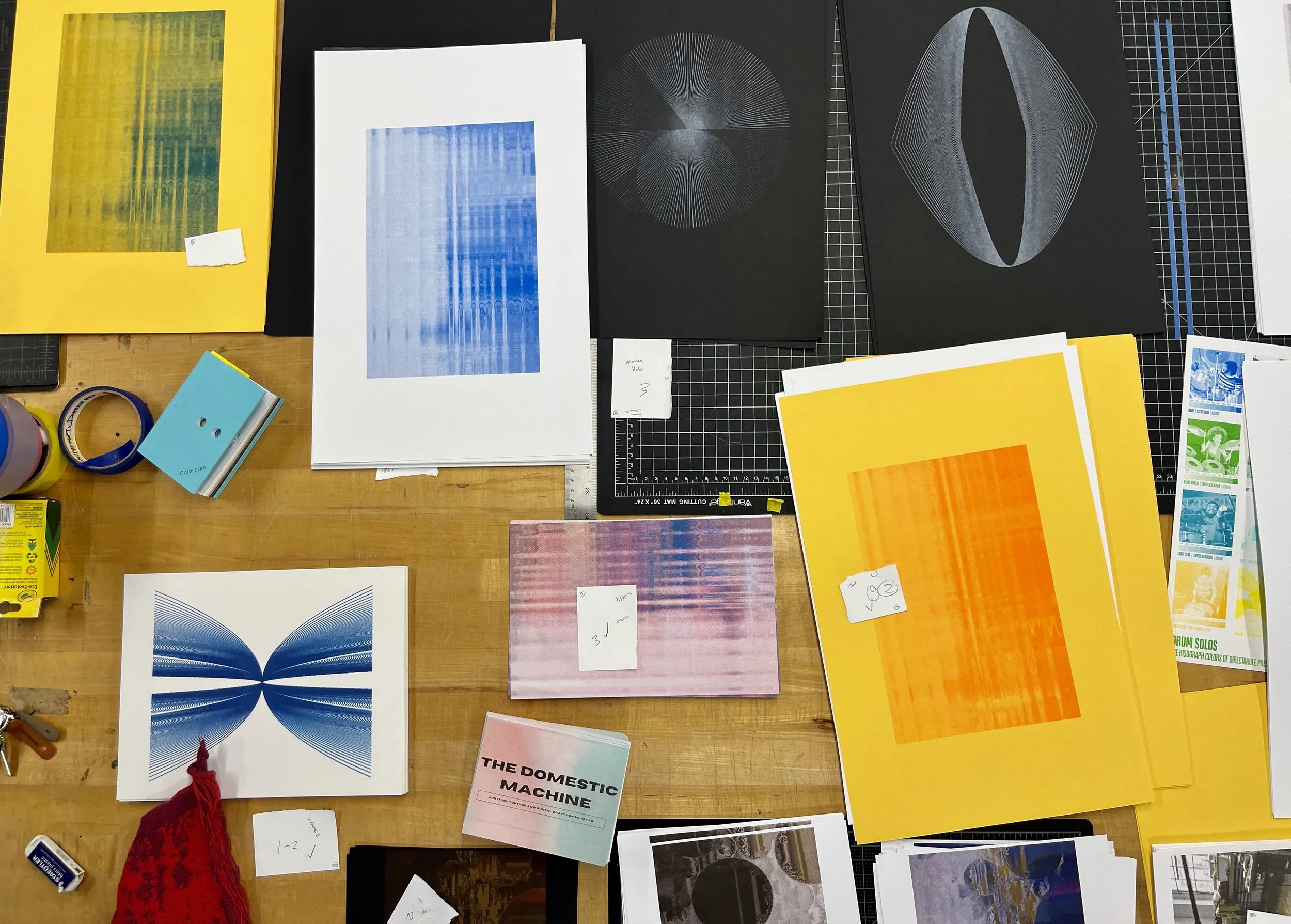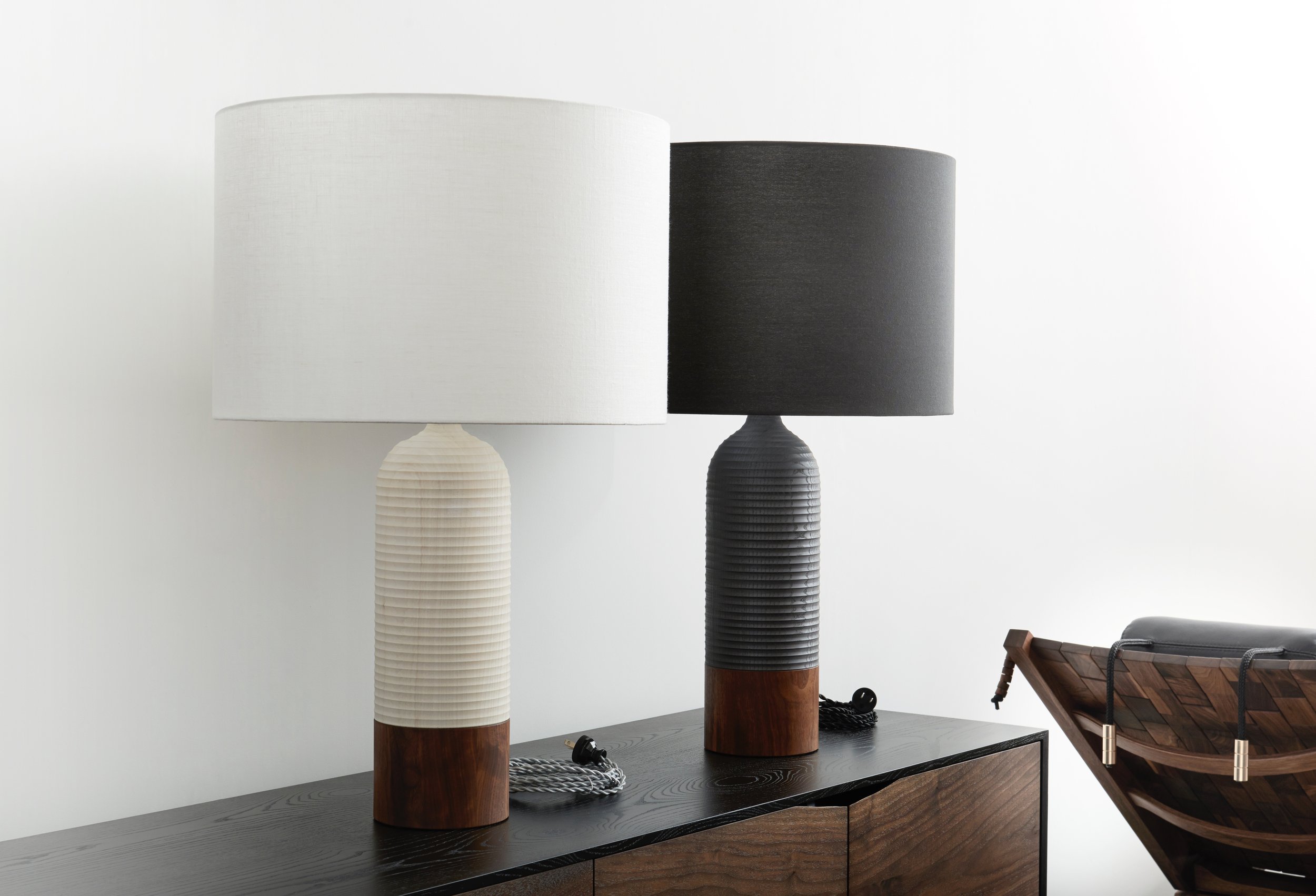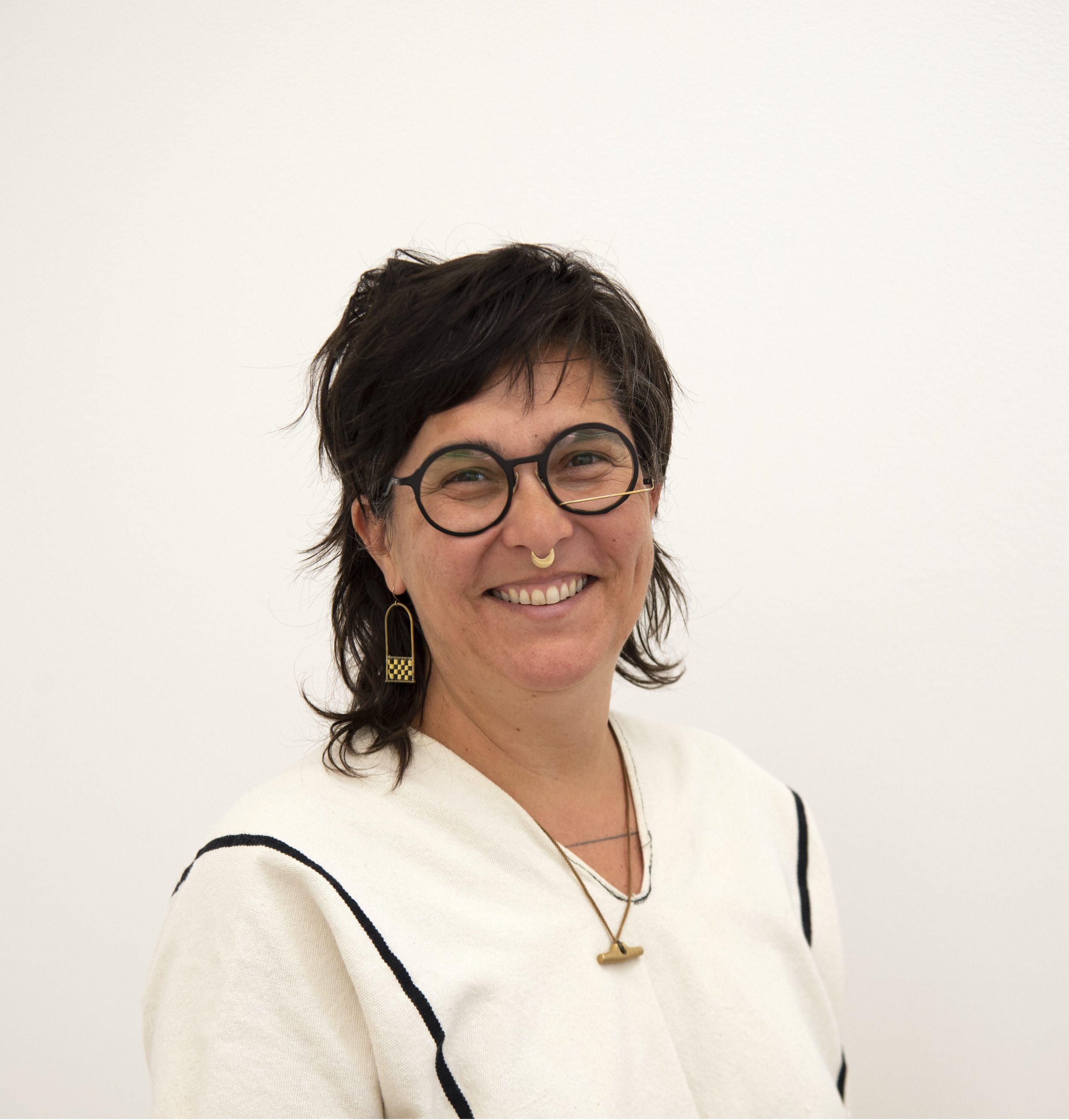In this workshop we will focus on using locally sourced native materials in our pots. We will work on the wheel to make pitchers, cups, jars, and teapots, and expose the character of the clay by cutting, faceting, and slipping pots. Students are encouraged to bring samples of rocks, shales, and clays that are local to them. We will process these materials and make simple glaze blends to fire along with our pots in the reduction and soda kilns. Please note that we will not be sourcing materials from the Haystack campus to preserve the delicate habitat. All levels welcome.
Read MoreIn this workshop, students will explore the basics of e-textiles. Using materials like conductive thread and fabric, sewable lights, and other modified electrical components, we will combine traditional textile techniques with basic electronic components. We will rethink the possibility of our classic fiber tools like weaving looms, knitting machines, and sewing machines and explore the Haystack Fab Lab to push the boundaries of technology and craft. Students do not need a background in electronics, but at least a basic understanding of some textile application(s) is encouraged and preferred. All levels welcome.
Read MoreThis workshop will focus on the foundations of glass and creative exploration through the dynamic process of glassblowing. Students will learn the proper form, tools, and techniques to work with glass in the studio. We will highlight proper body mechanics, working in multiples, and repetition to hone important foundational skills. The first week will be dedicated to form and skill building, followed by practicing those skills in exploring conceptual development, personal narrative, and thoughtful design. With this hands-on, in-depth learning environment, you will leave with a new material language to add to your creative toolbox. This workshop is intended for beginners.
Read MoreThis workshop will offer hands-on demos exploring computational inks, including thermochromic inks that change color with temperature variations, photochromic inks that react to light exposure, and conductive inks used for creating screen-printed circuits. Participants will engage in creating interactive prints that change color and form. Topics ranging from basic screen printing techniques to the principles of incorporating interactive elements into prints will be covered. Students do not need prior experience in circuitry and should be excited to explore circuits and interactive elements in relation to screen printing. All levels welcome.
Read MoreThis workshop focuses on using steel, typically considered a non-precious metal, to fabricate jewelry and small sculptures. Participants will learn about the working properties of steel and what makes it similar yet different from working with non-ferrous or precious metals. Demonstrations on sawing, annealing, forming, and finishing mild steel will be given. Students will explore soldering steel with gold and silver solders for construction and surface embellishment. Small-scale oxy/acetylene welding will also be taught for wire and sheet fabrication. It is preferable that students have at least some sawing experience, but it is not required. All levels welcome.
Read MoreHardwood is a beautiful and versatile material for constructing table and floor lamp bodies. This workshop will explore various shapes, from Brancusi and Sottsass to free-form Midcentury Modern to clean-lined Scandinavian designs. Fabrication techniques will encompass stacked and vertical lamination of hardwood, lathe turning, bandsaw cutting and shaping, and free-form carving. We will also cover traditional wiring principles and techniques, the treatment of lampshades, and hand-applied wood finishing. Follow along with Scott as he constructs a table lamp body from start to finish. Intermediate woodworking skills required; Students should have a general understanding of basic joinery.
Read MoreContinuing her current series of fiber works, Tanya will be taking weaving lessons from nature. Using sight, sound, touch, smell, and memory, she will lead collaborative-making sessions with fire, water, air, and earth; working primarily with discarded materials from Haystack's studios and the local area. Telar Terrenal began with Tanya realizing that the Los Angeles River was weaving structures and laboring objects into shapes.
Read MoreSince 2011, Haystack has invited digital artists, engineers, researchers, and makers from the international Fab Lab network to enrich our community. Collaborations with esteemed institutions like MIT, Harvard, and RISD have fostered a unique exchange at the intersection of digital fabrication and craft. The Fab Lab Residency now emphasizes the creation of impactful projects and experiences, enriching the campus community. Residents—utilizing their expertise—will develop and share innovative demonstrations, workshops, interactive projects, or installations.
Fab Lab Residents augment the summer sessions and do not lead studio workshops.
Read More







